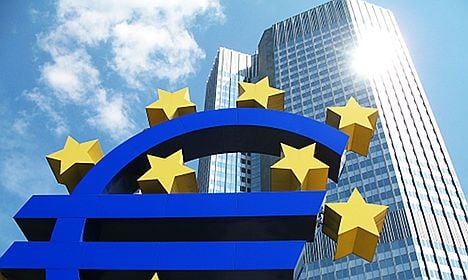EU ministers holding talks in Brussels formally approved Coeuré’s appointment for an eight-year term following Bini Smaghi’s resignation, a statement said.
The ECB board, which implements monetary policy for the euro area as laid down by the governing council, is made up of a president, vice-president and four other members, all nominated for non-renewable eight-year terms.
The governing council comprises the six-person executive board plus the governors of the national central banks of the member states of the euro area.
Coeuré’s appointment follows a tug of war between France and Italy.
Bini Smaghi last month announced his resignation after coming under heavy pressure to give up his seat to a French colleague.
When fellow Italian Mario Draghi was appointed to take over as ECB chief to replace Jean-Claude Trichet of France in June, European officials widely speculated that Bini Smaghi would resign in exchange for the top job at the Bank of Italy.
But then Italian premier Silvio Berlusconi chose another candidate, leaving two members from Italy on the ECB board, and France empty-handed.
France had backed Draghi’s candidature for the ECB post but on condition that a French official take Bini Smaghi’s place in line with an unwritten rule that no country should hold two board seats at the same time.



 Please whitelist us to continue reading.
Please whitelist us to continue reading.
Member comments